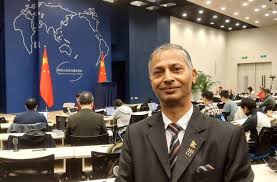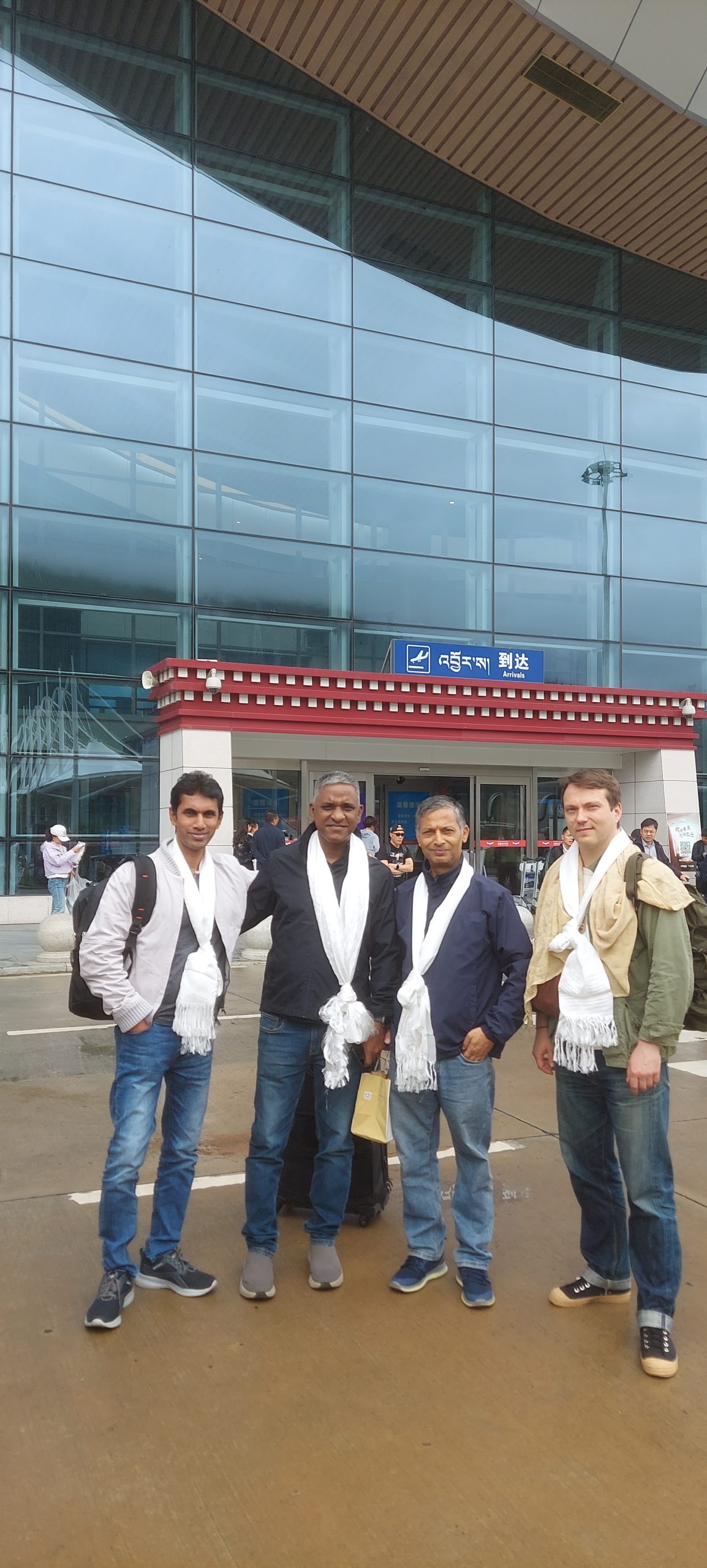
Analysis by P.R. Pradhan
Kathmandu, September 13: Following the Gen-Z movement against corruption and the ban on social media platforms launched on Monday, September 8, a total of 51 people have died, and the nation has suffered extensive damage to public and private property.
The demonstrators had clearly stated that their protest would be peaceful. However, police forces opened fire on the crowd, deliberately targeting the heads and chests of young protestors. This was an intentional attempt to kill. A similar tragedy occurred during the pro-monarchy demonstration in Tinkune, Kathmandu, where police fired at innocent pedestrians who were not even part of the protest.
Despite this, the government led by K.P. Sharma Oli refused to form an independent investigation committee into the Tinkune incident. This lack of accountability emboldened those in power—particularly Prime Minister Oli and Home Minister Ramesh Lekhak—to respond with brutal force during the Gen-Z demonstrations. Most of the victims were students under the age of 28. The government assumed that killing a few youths would scare the rest into submission. Instead, the movement gained more momentum, and the police were unable to regain control.
Following the increased violence and loss of control, Home Minister Lekhak resigned the next day.
There are clear guidelines for law enforcement on crowd control: officers are instructed to aim below the waist to avoid fatalities. In both the Tinkune and Gen-Z incidents, the police violated these protocols, indicating an intentional use of deadly force.
On Tuesday and Wednesday, after protestors entered restricted areas and began damaging public property, Prime Minister Oli was forced to resign and took refuge under Nepal Army protection.
Direct Responsibility:
It is evident that Prime Minister Oli and Home Minister Lekhak are directly responsible for the killing of 51 individuals. They must be held accountable and face legal consequences.
The Role of the President:
President Ramchandra Paudel also bears responsibility for the extent of the destruction. According to Dr. Keshar Bahadur Bhandari, a retired Nepal Army General, Army Chief Ashokraj Sigdel requested authorization to deploy the army to control the situation. However, President Paudel refused to grant permission. The significant damage that occurred on Tuesday and Wednesday could have been prevented had the army been mobilized earlier. It was only on Wednesday evening, after immense pressure, that the army was deployed—by 10 PM, the situation was finally brought under control.
In the meantime, not only were public properties destroyed, but political leaders were physically attacked and humiliated.
The Nepal Army acted with professionalism, restoring order swiftly. However, some journalists close to the President and the Nepali Congress, including Kishor Nepal, tried to distort the truth by claiming the Army Chief had demanded the President’s resignation—an attempt to create further confusion.
Given his mishandling of the situation, President Paudel should resign, or the newly formed government must initiate a thorough investigation into his role in allowing the violence and destruction to spiral out of control.
Lessons to Be Learned
The Nepal Police has been deeply politicized and weakened due to political interference, including transfers and promotions based on bribes and commissions. This is why the force was incapable of handling the situation effectively. The Gen-Z-backed government must take this as a serious lesson and restore professionalism and autonomy in all security agencies. The chain of command must be re-established and respected.
Some political leaders have even questioned the relevance of the Nepal Army. However, recent events clearly demonstrate the vital role the Army plays in national security. One must ask—what would have happened if the Army did not exist?
Recommendations:
- Increase the size of the Nepal Army to 4,000,00 personnel, and equip it with modern arms and logistics.
- Expand both the Nepal Police and Armed Police Force in accordance with national needs.
- Strengthen fire and emergency services, which were found severely lacking during the three days of unrest.
- Address the corruption and commission-based system that is draining the nation’s treasury.
Conclusion: A Call for Reform
Nepal's public funds are being wasted on feeding a bloated and corrupt political class. There must be a reduction in general administrative expenses and a shift toward development spending. Without a strong economy, we cannot envision a prosperous nation.
The current constitution has failed to deliver peace, justice, and good governance. It is time to replace it with a new constitution that ensures prosperity, accountability, and national integrity.













Comments:
Leave a Reply